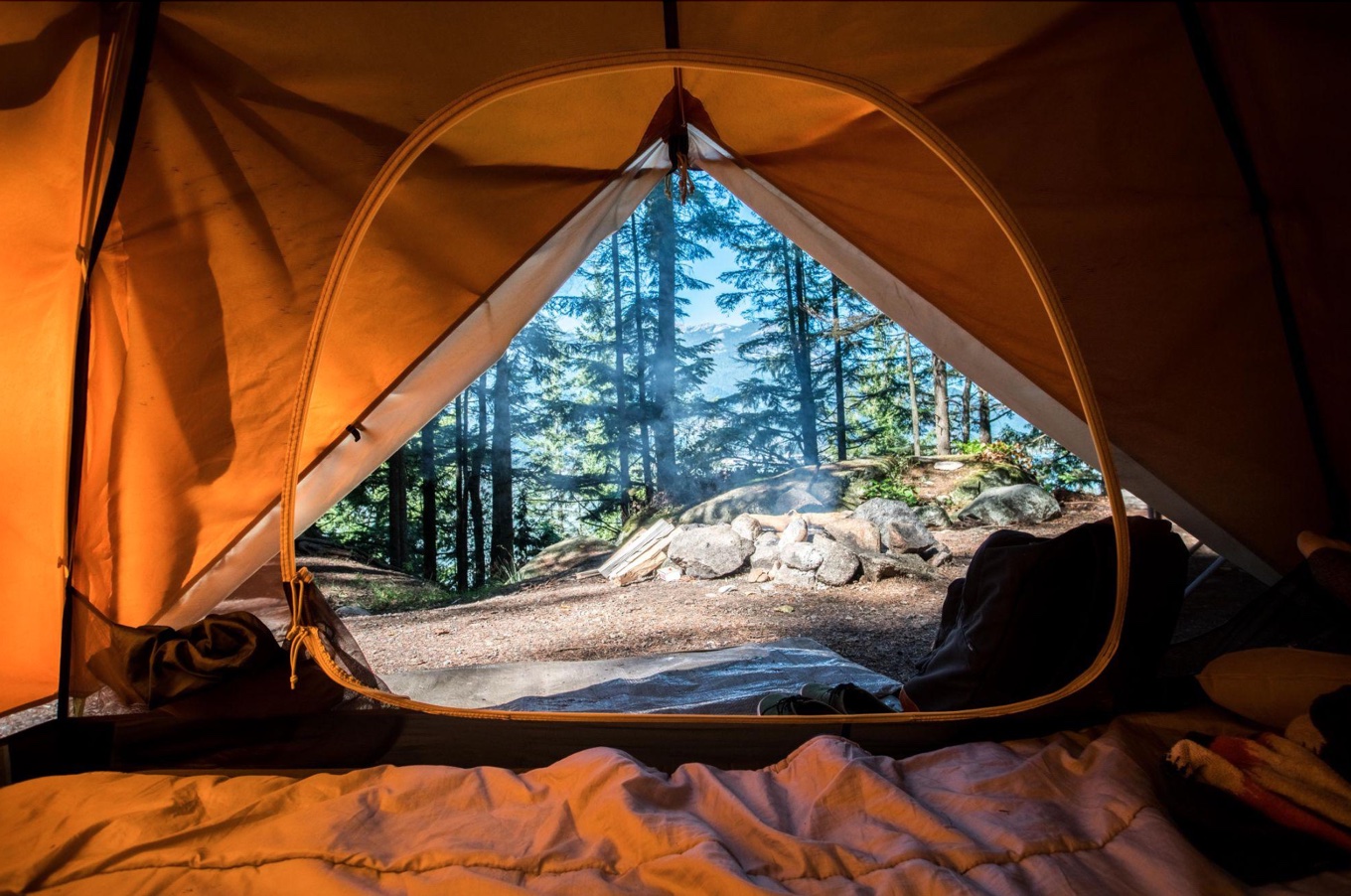Following the regulations ensures the environment you know and love is protected for the next time you want to go out on a camping trip or for future generations.
When going out on a hike or for a short camping trip, being at one with the environment is part of the camping experience. Environmental regulations apply to everyone who hikes and camps out in the wilderness, whether on federal land, as is the case in National or State parks, or on their private property.
Designed to protect the environment, specific rules and regulations also apply to campers, whether in small groups or individuals. Some environmental regulations for campers employ many common-sense principles for being outdoors. Others are state-specific and environment-specific when camping.
Before you go camping in your local area, you’ll need to read and understand the environmental regulations that you must follow and the consequences of breaking the rules. This guide will help you plan your trip.
What are environmental regulations?
Environmental regulations are environmental protection laws designed to protect the environment from harm by human activity. In the United States, the Environmental Protection Agency, in conjunction with the National Park Service and various state and local authorities, enforces environmental regulations that cover the breadth of human activity, from large oil spills due to a company’s neglectful practices to individual hikers and campers having illegal bush fires.
Why are environmental regulations necessary for campers?
Despite only a drop in the ocean of the users of the natural world around them in the United States, campers and hikers are still expected to maintain respect for their environment. Although ‘pack-in, pack-out’ is a common phrase associated with ‘Leave No Trace’ principles of using the outdoors, many campers fail to do so.
Additionally, many campers fail to abide by fire bans during wildfire seasons because of the small nature of their fires, not realizing that those fires can spiral out of control from a simple momentary lapse in concentration.
Environmental regulations that specifically apply to campers and thru-hikers are most associated with dumping illegally and camping in places where they aren’t permitted to do so. Camping illegally can cause ecosystem damage by human interference in places where protected or endangered wildlife species exist. They are part of EPA and NP efforts to either rehabilitate the animals in question or grow their population without human interference.
If campers wantonly break environmental laws that concern them, they are doing damage to the very environment they seek to enjoy.
What are common environmental regulations that campers need to be aware of?
When you go out camping, there are certain sets of environmental regulations that you need to follow, whether you’re camping in a state or national park, on a campground owned by the Bureau of Land Management or camping on public land. These include:
- Properly dispose of all garbage and recyclable waste using designated waste bins where possible. If no waste bins exist, carry your garbage and recyclable materials.
- Dig a hole and place food waste, pet and human waste in that hole and cover it over before you leave the campsite. Or, preferably, bring pet waste bags with you and carry your solid pet waste to your nearest garbage disposal site.
- Never dump liquid waste like cooking oils, propane, or other fire-lighting oils. Always carry a waste-liquid container to carry your waste oil in and out of your campsite. Never dump the waste liquid into any stream, creek, river, or lake.
- Always buy local kindling or firewood. Do not collect your firewood from the area without permission from your campground. Never cut down any tree branches to make firewood.
- Use only lighter fluid to light a fire. Never use gasoline or other accelerants as they can cause significant harm to the environment and do not burn off like fire-lighting fluids.
- If camping in a national or state park with a heavy animal presence, never leave food unattended or within easy reach of bears, deer, or other animals that may be around. Always store your food in a thick bag, high in a tree with a rope.
Never litter on any hiking trail or remote campsite, no matter how far away from civilization you might be. It’s not about you. It’s about the environment around you. Over a million animals die from ingesting trash each year; don’t be part of the problem.
What can campers do to comply with environmental regulations?
Compliance with environmental regulations ultimately requires engaging in common-sense thinking about how you interact with the environment while camping. Maintain a sense of selflessness and remind yourself that this environment you love to camp in will only survive so long as you play your part in ensuring its protection.

Some things campers can do to ensure they’re compliant with environmental regulations include:
- Thoroughly research the environmental regulations where they’ll be camping. States sometimes have variations of rules for camping in their state or national parks that may differ slightly. Be sure you’re informed before heading out.
- Use a campfire responsibly. Do not build an excessive fire that may be difficult to put out or maintain control over.
- Be respectful of wildlife and its habitat. If you spot wildlife in the distance, leave it alone. It doesn’t need or want to encounter you as it’s going about its day. Not only could it pose a danger to yourself or your group of campers, but it could also result in the destruction of the animal by park rangers, should the worst-case scenario unfold.
- Bring the right equipment with you to ensure your comfort while camping. While you don’t need to bring the kitchen sink, being comfortable is important and will mean you are less likely to take unnecessary risks or shortcuts (skirting environmental regulations) to get comfortable.
- Pack in, pack out, and leave no trace.
- Dispose of your waste responsibly and in compliance with the EPA and NPS waste disposal standards. Research these thoroughly, and don’t bring anything that may require complex waste disposal mechanisms.
How can campers report violations of environmental regulations?
Reporting violations of environmental regulations will depend on the severity of the regulation. For example:
- If you notice a stream or river that appears to have oils or other liquids floating on top of the water’s surface or has oil barrels or other debris in it, that’s a call you can make to the EPA’s hotline. If there is an immediate threat to life, call 911.
- If you notice a dead animal killed out of season, your best bet is to contact your local park service.
- If you notice another camping group having a bonfire that’s getting out of control, call 911 immediately.
In general, all potentially emergent situations should be directed to 911, who can then pass on the information to the local park service if the crime does not warrant an emergency response.
All post-facto potential environmental regulations should be directed to your local park service. Have this number saved into your phone when you leave for your camping trip, as it may come in handy in an environmental violation or other emergency.
Summing up
Camping in the great outdoors can be a lot of fun, but to fully immerse yourself in it and enjoy the experience, you must ensure you (and everyone else) follow the law to the letter. This will provide you with peace of mind and ensure the environment you know and love is protected for the next time you want to go out on a camping trip or future generations.


Join the conversation!